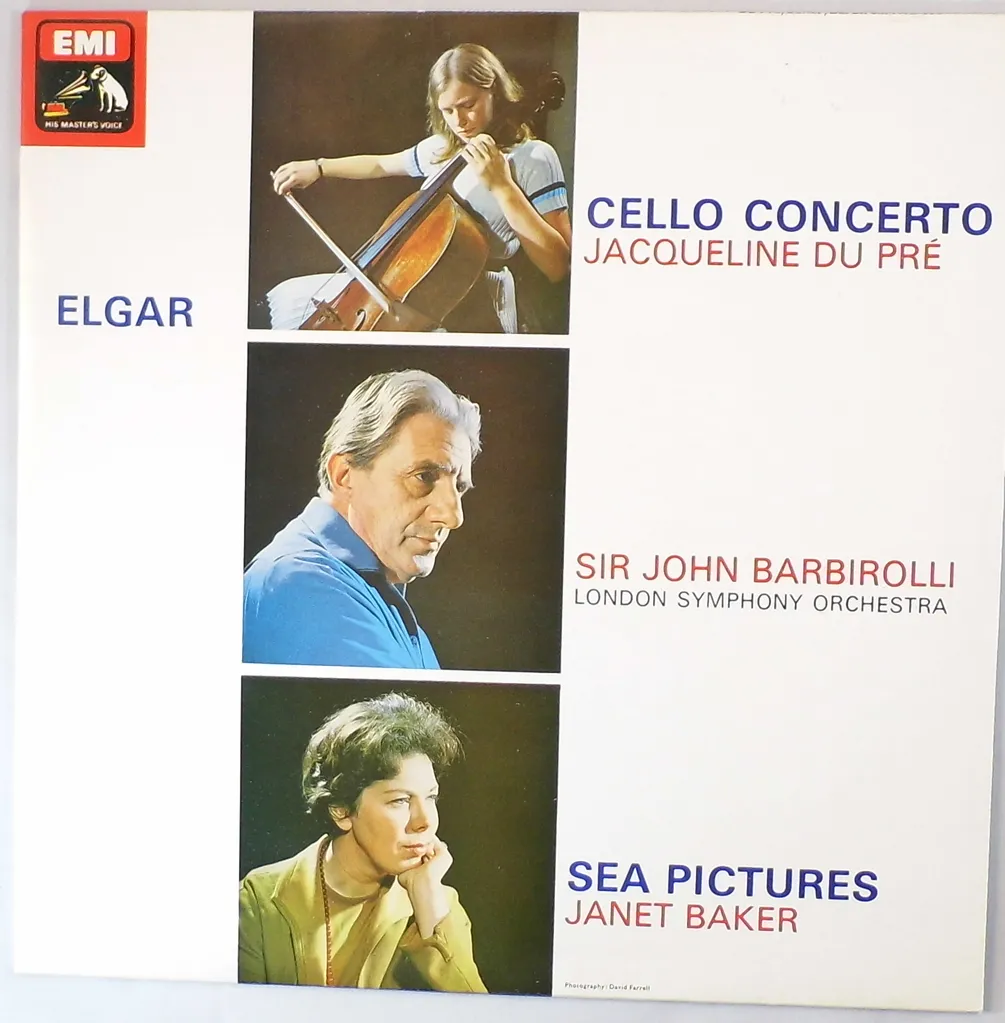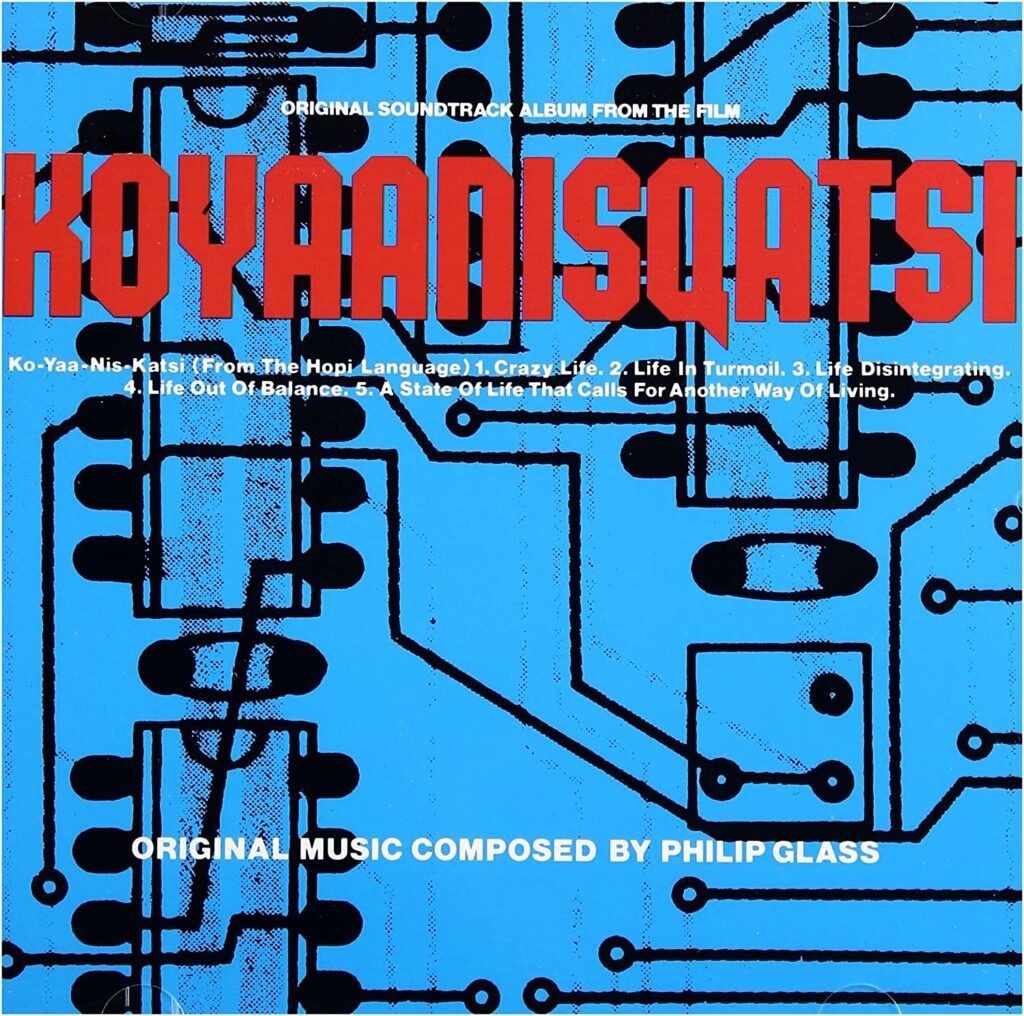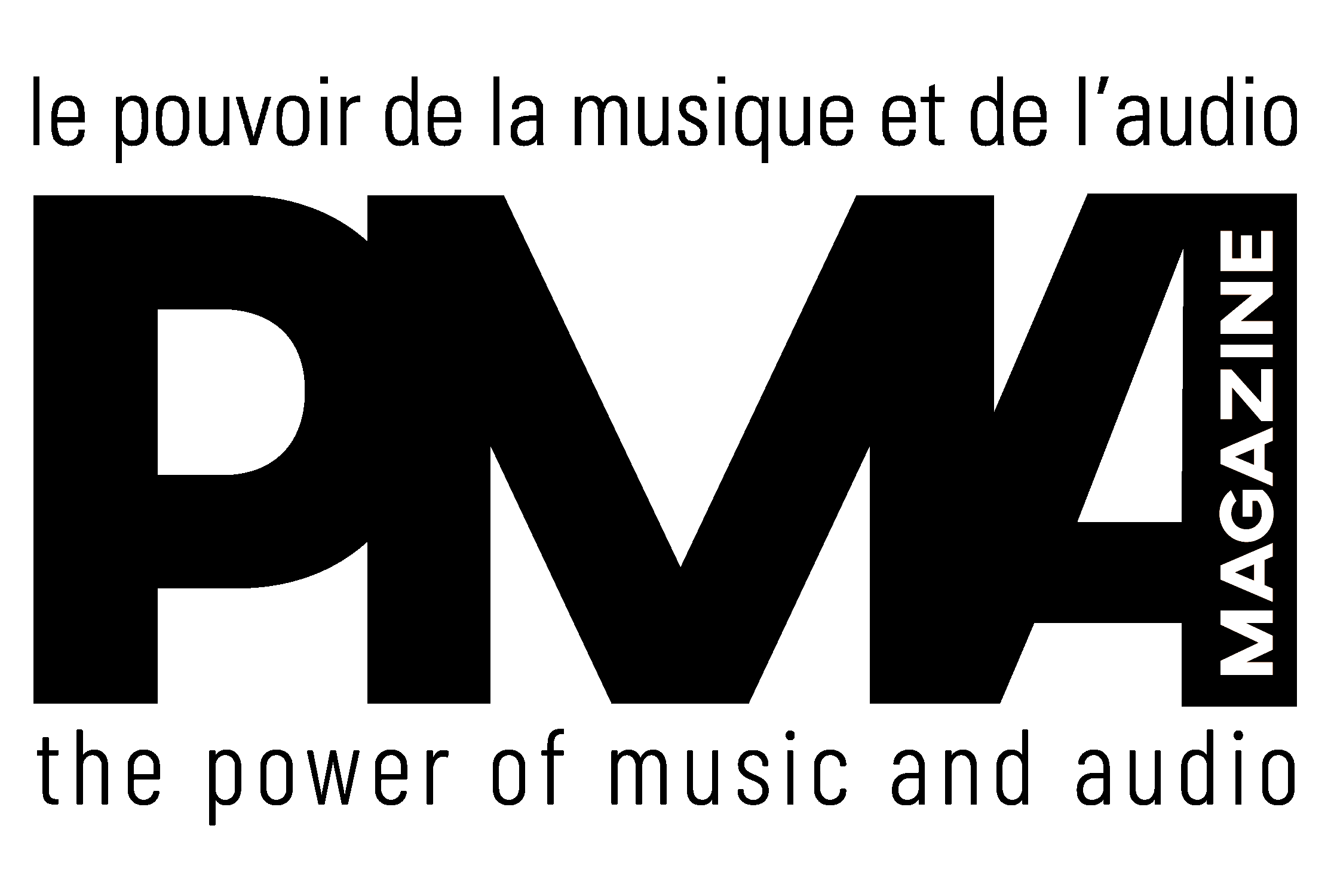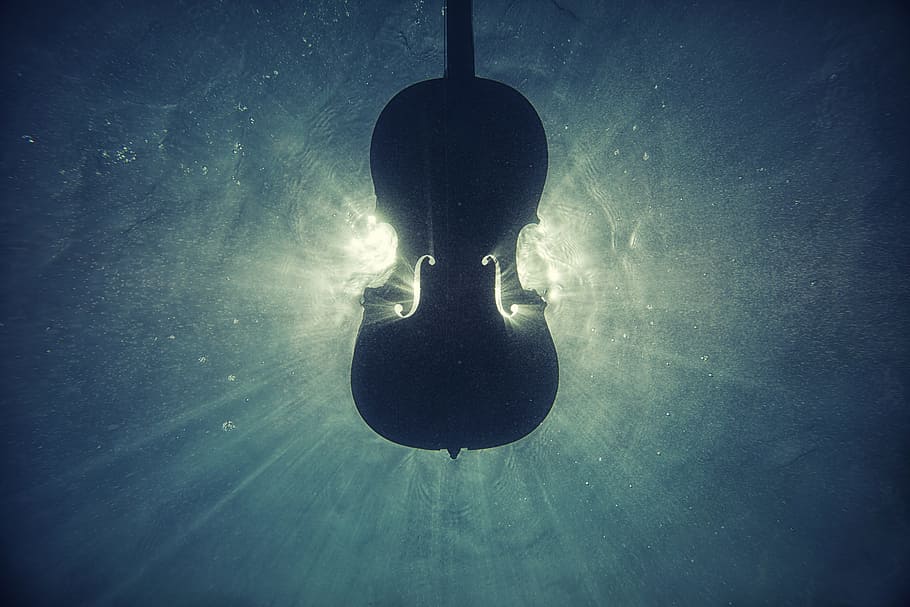Looking to add superb recordings to your Classical music collection, or to start one off on the right foot? Want to dip your toes into the genre to see if it’s something you’ll like?
Well, you’re in luck, because we scoured the Internet in search of the most mind-blowing Classical recordings and found a few, listed here in no particular order. Our criteria for choosing the selected recordings included that the works and performances be famous (but not overplayed), and the sound quality be high.
So settle in, and be prepared to be transported to some of the most enduring musical works in the history of humanity.
1. ELGAR: Cello Concerto/Sea Pictures (EMI) by Sir John Barbirolli, London Symphony Orchestra

It’s said that when she was four and heard the sound of the cello on the radio, du Pré pointed in its direction and said to her mother: “I want one of those.” Du Pré made her formal debut at London’s Wigmore Hall at age 16. Ten years later, her talent would begin to deteriorate by the onset of multiple sclerosis that caused her fingers to become numb. She would never again reach the musical heights she displays in this concerto, a performance that made her an overnight sensation and shows why she is considered by many as one of the greatest cellists that ever lived.
2. TCHAIKOVSKY: Symphonies Nos 3, 4 & 6 (Onyx) by Vasily Petrenko, Royal Liverpool Philharmonic Orchestra

The most famous of the Russian composers of the 19th century, Tchaikovsky died 9 days after the premier of his Sixth Symphony, aka Pathétique. In a deep depression at the time, his death was blamed on cholera likely contracted from drinking contaminated water. The question among historians persists to this day: was his death accidental or a suicide? This recording is an unforgettable testament to Tchaikovsky’s genius and to conductor Petrenko’s dazzling interpretations.
3. Dvořák: Symphonies No. 8 & 9 (DG) by Rafael Kubelík, Berlin Philharmonic

By the time Dvorak had composed his Symphony No. 9 (New World Symphony), his fear of wide-open spaces was so debilitating he refused to attend the concert premiere at New York’s Carnegie Hall. It would be Dvorak’s last and most popular symphony. The performances here of both Symphony No. 8 and No. 9 are widely considered the best ever recorded.
4. Stravinsky: Le Sacré du printemps (the Rite of Spring) / Debussy: La Mer (Decca) by van Zweden, New York Philharmonic

Stravinski’s ballet Le Sacré du printemps (the Rite of Spring) was so radical for its time that it caused a riot among the bourgeoisie who attended its Paris premiere. Reports suggest the crowd pelted the stage with objects, challenges were made to a duel to the death, and the police were called in to restore the peace. The source of the uproar was a combination of the music and choreography — the music appeared harsh, the choreography, lumbering. But while Le Sacré du printemps may not have been an instant hit, there’s no denying its place in the pantheon of musical masterpieces, one the New York Philharmonic brings back here to glorious life so you can hear for yourself what all the fuss was about.
5. Koyaanisqatsi (Island) by Philip Glass

Okay, this isn’t your typical Classical fare. Koyaanisqatsi falls under the banner of minimalist music, a sub-genre of Classical based primarily on repetitive, gradually augmenting patterns weaving into the next. Purists may dismiss the minimalism art form, but time has cemented Koyaanisqatsi’s status as a classic. Composed for Godfrey Reggio’s 1983 documentary of the same name, it says something that the movie was edited to serve Philip Glass’s score, rather than the other way around. Koyaanisqatsi is Hopi Indian for ‘life out of balance’, a theme reflected in the pulsating rhythms and ominous choir chants of this spellbinding work, as well as in the times in which we find ourselves now.
















Leave a Reply